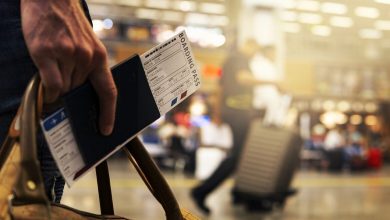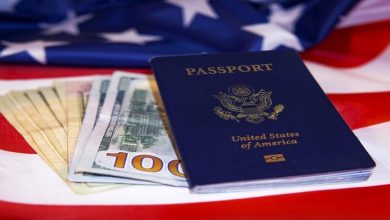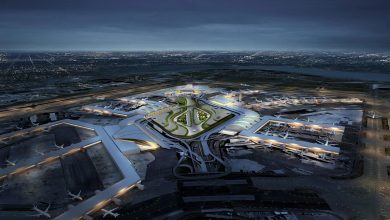U.S. Transportation Secretary Warns Airlines May Cut Flights by 20% Amid Ongoing Government Shutdown
Sean Duffy cautions that prolonged shutdown could severely disrupt air travel as FAA struggles with staff shortages and delayed flights across major airports.
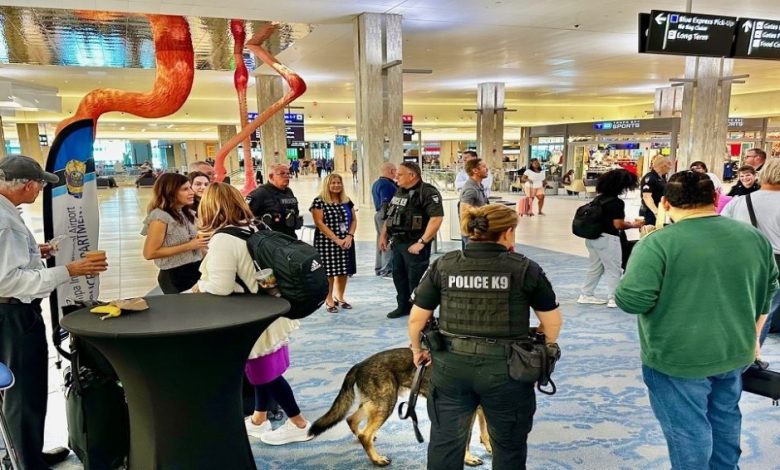
The United States may soon face one of the worst aviation disruptions in decades as Transportation Secretary Sean Duffy warned that airlines could be forced to cut up to 20% of flights if the ongoing government shutdown persists. The announcement came as the Federal Aviation Administration (FAA) ordered airlines to begin reducing flights nationwide due to severe staff shortages and operational strain.
According to Reuters, the FAA has already instructed major airlines to reduce flights by 4% across 40 major airports starting Friday, with that number expected to rise to 10% by November 14 if the shutdown continues. The reductions come amid a sharp decline in available air traffic controllers, many of whom have been working without pay for weeks.
Massive Flight Delays Across Major Airports
On Friday, the FAA was forced to delay hundreds of flights at major airports, including Atlanta, San Francisco, Houston, Phoenix, Washington D.C., and Newark, due to staffing shortages. By 7:30 p.m. Eastern Time, over 5,300 flights had been delayed, according to FlightAware. At Reagan National Airport, delays averaged four hours, with nearly 40% of flights delayed and 17% canceled.
During the previous record-breaking 38-day shutdown, over 13,000 air traffic controllers and 50,000 airport security employees worked without pay, leading to widespread absenteeism. Many were notified this week that they would miss a second paycheck, further worsening morale and attendance.
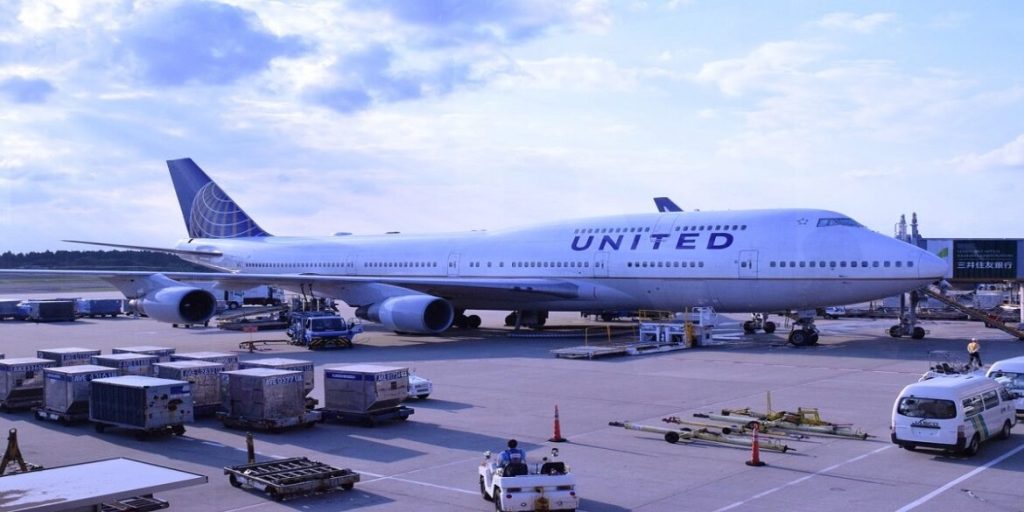
Political Pressure and Economic Fallout
The airline cuts have intensified political pressure on Congress, as the Trump administration pushes Democrats to approve a Republican-led funding bill to reopen the government. Democrats, meanwhile, blame Republicans for refusing to negotiate on extending healthcare subsidies that have expired for 24 million Americans.
Duffy stated that the situation could worsen if more controllers fail to report to work. “We’re assessing the data continuously,” he said. “If the airspace becomes unsafe, we’ll make the necessary cuts.”
Airlines Brace for Operational Chaos
The four largest U.S. airlines—American, Delta, Southwest, and United—were ordered to cut a combined 700 flights on Friday morning. If the shutdown drags on, those reductions will rise to 6% by next Tuesday and 10% by mid-November. International routes are expected to remain unaffected.
American Airlines reported 220 cancellations affecting 12,000 passengers on Friday, while Delta canceled 170 flights and Southwest canceled 100. United Airlines scrapped 184 flights and expects to cancel more than 150 per day through the weekend.
American Airlines CEO Robert Isom described the cuts as a “major problem,” warning that disruptions will escalate as the situation persists. “This level of cancellation will grow over time—and that’s going to be a serious issue,” he said.
Passenger Confusion and Safety Concerns
Travelers at airports such as Boston, Newark, and Chicago O’Hare faced delays exceeding two hours, while others in Washington experienced long lines and missed connections. The FAA said the gradual implementation of cuts was designed to “reduce chaos” and maintain safety standards, citing incidents involving loss of aircraft separation and ground incursions.
Private jet operations may also face up to 10% reductions at high-traffic airports, while space launches are being temporarily restricted.
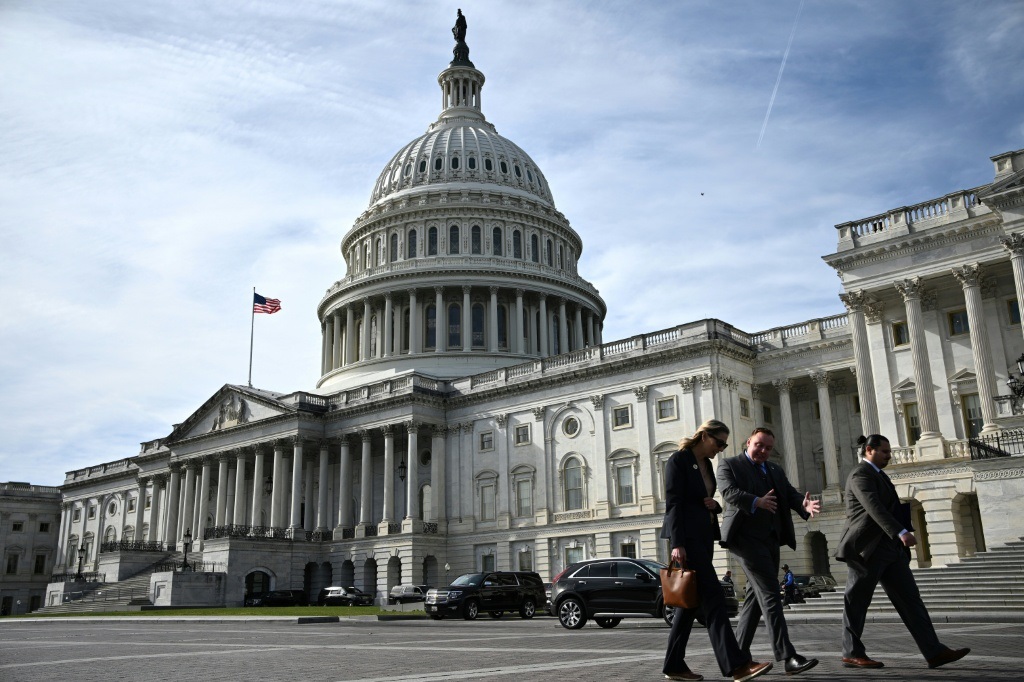
Looming Travel Crisis Before Thanksgiving
The timing of the crisis could not be worse, as the U.S. enters its busiest travel season leading up to Thanksgiving on November 27. Millions of travelers could face severe flight disruptions amid the ongoing shutdown.
FAA Administrator Brian Bedford called the situation “unprecedented,” saying, “In my 35 years in aviation, I’ve never seen us forced into such measures. We’re entering uncharted territory.”
Vice President J.D. Vance also warned earlier this month that the shutdown could lead to a transportation disaster, urging Democrats to cooperate to reopen the government. “If this continues into the Thanksgiving travel rush, we’re looking at widespread cancellations and chaos,” Vance said.
With 1.4 million federal employees still furloughed or working unpaid, from air traffic controllers to park rangers, the shutdown’s toll on essential services continues to deepen—leaving the U.S. aviation system on the brink of paralysis.
